Bill Shorten has committed to holding a referendum for a republic within his first term if he becomes Australia’s thirty-first prime minister next. With an alliance of activist groups, and the rich (and old) leftie resources of the Australian Republican Movement, ‘project republic’ will no doubt be a well-organised campaign to fundamentally restructure Australia.
Already a subscriber? Log in
Subscribe for just $2 a week
Try a month of The Spectator Australia absolutely free and without commitment. Not only that but – if you choose to continue – you’ll pay just $2 a week for your first year.
- Unlimited access to spectator.com.au and app
- The weekly edition on the Spectator Australia app
- Spectator podcasts and newsletters
- Full access to spectator.co.uk
Or

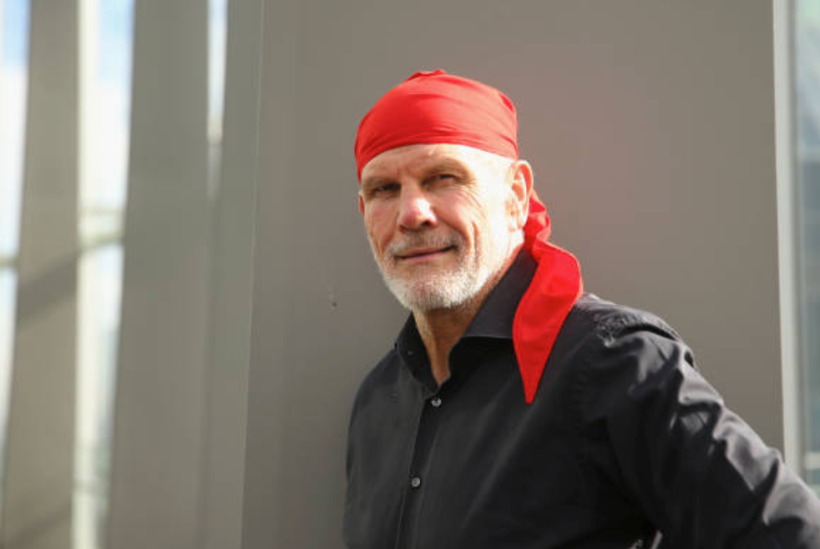
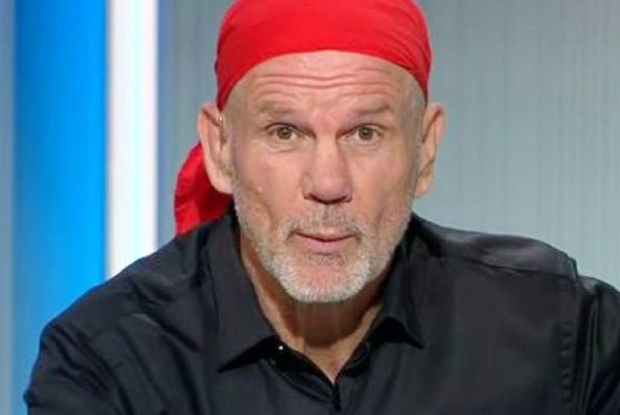
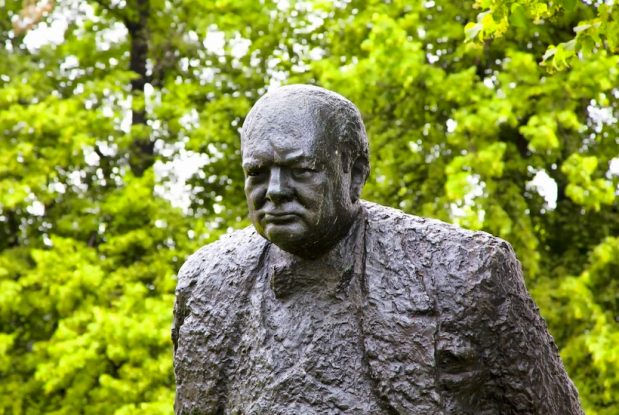


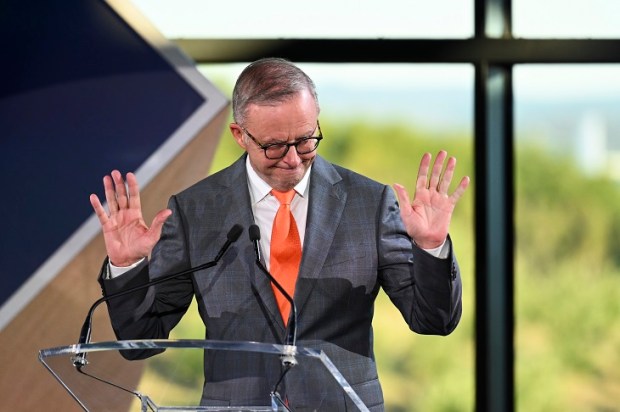
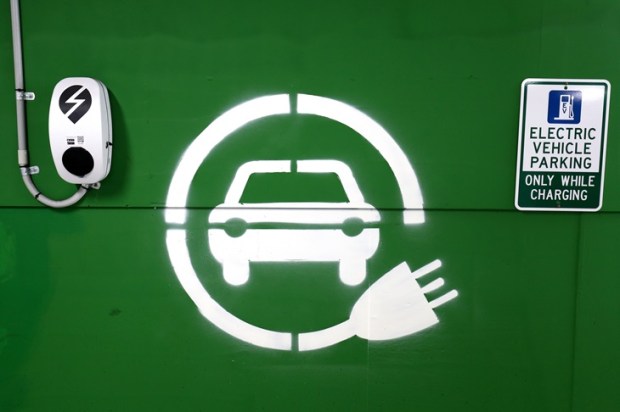


















Comments
Don't miss out
Join the conversation with other Spectator Australia readers. Subscribe to leave a comment.
SUBSCRIBEAlready a subscriber? Log in